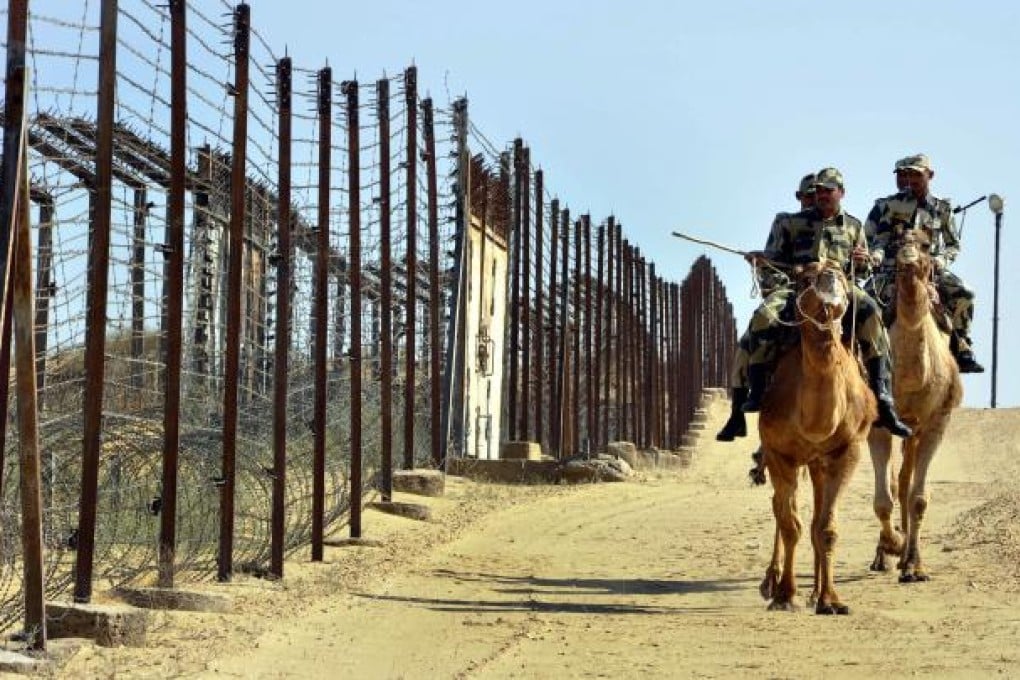India and Pakistan must untie Kashmir knot
Syed Fazl-e-Haider says relations have no hope of normalising otherwise, nor can trade bloom

Kashmir has emerged as the nuclear flashpoint in South Asia. Officials in Indian-administered Kashmir have recently warned residents to begin building underground bunkers in preparation for a possible nuclear war, which created hysteria amid the backdrop of skirmishes between Pakistan and India on the Line of Control in the disputed territory.
Ties were suspended after the deadly shootings this month, but a ceasefire has since taken hold again.
It took four years, following the 2008 Mumbai terrorist attacks, for India and Pakistan to bury the hatchet and normalise relations through trade. But it took only a day for the two to resume trading fire instead of goods on the disputed border earlier this month.
Then a blame game began, leading to more border skirmishes, with casualties on both sides. Islamabad claims three of its soldiers were killed, while New Delhi blames the Pakistani army for killing two of its soldiers and beheading one of them. Pakistan has denied this.
India, which had taken an unprecedented step to open trade doors to Pakistan last year, made a U-turn in its reconciliation policy at the beginning of the year when Prime Minister Manmohan Singh warned that there "cannot be business as usual" with Pakistan. India's army chief instructed his commanders to respond aggressively to any provocation on the Line of Control. All this war-mongering seems to be aimed at piling pressure on Pakistan, which is beset by a host of internal problems.
The two countries share a troubled history; they have fought three wars over Kashmir, and engaged in many border conflicts and skirmishes. In 2003, border tensions defused after a ceasefire was put in place.